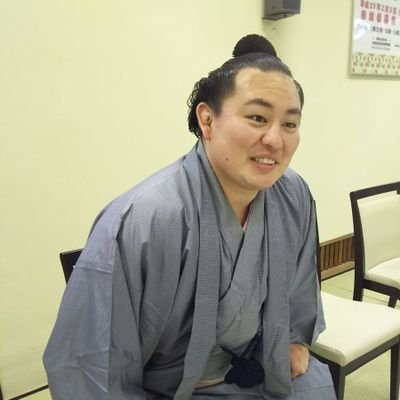The Japanese phrase “shirokuro tsukeru” literally means “to make it black and white,” but its real meaning is to decide clearly between victory and defeat, or to settle a matter definitively. Born from the tradition of white stars and black stars in sumo, this expression is now widely used not only in sports but also in everyday life.
The Basic Meaning of “Shirokuro Tsukeru”
The phrase means to eliminate ambiguity and determine a clear outcome. In Japan, it is strongly connected to sumo and other sports. For example, in sumo bouts, there are times when it is hard to tell who won at the edge of the ring. Judges then deliberate and finally declare the winner. That act of making the decision is described as “shirokuro tsukeru.”
In daily conversation, the phrase is used when discussions drag on or when a decision must be made. It expresses a strong attitude of not leaving things vague, but instead producing a definite answer. Because of this, the phrase carries a sense of decisiveness and strength.
White Stars and Black Stars in Sumo
In sumo, wins and losses are recorded as white stars and black stars. The origin lies in the practice of marking wins with white circles and losses with black circles in official records.
| Expression | Meaning | When It’s Used |
|---|---|---|
| White Star (Shiroboshi) | A win | Recorded for the victorious wrestler |
| Black Star (Kuroboshi) | A loss | Recorded for the defeated wrestler |
Since every sumo match ends with a win or a loss, sumo is a sport where there must always be a clear result—there is no ambiguity. This characteristic has deeply influenced the spread of the phrase.
Points for Foreign Learners
For foreigners, the expression is not straightforward if translated literally. In English, it is closest to “settle the matter” or “make a clear decision.” However, without knowing the background of white stars and black stars, the nuance may be lost.
| Japanese Expression | Closest English Meaning | Nuance |
|---|---|---|
| Shirokuro Tsukeru | settle the matter | To make victory, defeat, or a conclusion clear |
| White Star | victory | Indicates winning in sports |
| Black Star | defeat | Indicates losing in sports |
By connecting the phrase to sumo culture, it becomes easier for learners to grasp. It also helps foreigners appreciate not just the language but also a piece of Japanese tradition.
Everyday Uses
The phrase “shirokuro tsukeru” goes beyond sumo and is widely used in everyday life.
- In a business meeting: “We need to shirokuro tsukeru on this issue.”
- In a family discussion: “We should shirokuro tsukeru about your school choice today.”
- Among friends: “Let’s shirokuro tsukeru this debate already.”
| Situation | Example | Meaning |
|---|---|---|
| Business | Deciding a project direction | Making a definite conclusion |
| Family | Choosing education or future path | Leaving no ambiguity |
| Friendship | Ending a long argument | Reaching a decision |
This makes the expression very practical in daily conversations, where it signals clarity and resolution.
Expansion of the Expression
While it started in sumo, “shirokuro tsukeru” is now used in law, sports, and society in general. For example, when a court verdict is announced, people may say “the case’s shirokuro was settled.”
| Field | Usage | Example Sentence |
|---|---|---|
| Sports | Clarifying match results | “The championship match’s shirokuro was settled.” |
| Law | Issuing a verdict or ruling | “The trial’s shirokuro was decided.” |
| Daily Life | Resolving conflicting opinions | “We must shirokuro tsukeru this argument.” |
This shows how a phrase born from sumo has spread throughout the Japanese language as a symbol of decision and finality.
Conclusion
The expression “shirokuro tsukeru” comes from sumo’s system of white stars for wins and black stars for losses. It means to make a conclusion clear and eliminate ambiguity. For sumo enthusiasts, it feels natural, and for foreigners, it can serve as a window into Japanese culture. Beyond sumo, it is widely used in sports, law, and everyday decision-making.
Ultimately, the phrase teaches the importance of making clear decisions rather than leaving matters unresolved. Learning this expression not only deepens one’s knowledge of the Japanese language but also offers insight into Japanese values and cultural emphasis on clarity.





コメント